Episode 4: Healing Estrogen Dominance through Diet and Detox Support with Magdalena Wszelaki
Ali Segersten Mar 08, 2025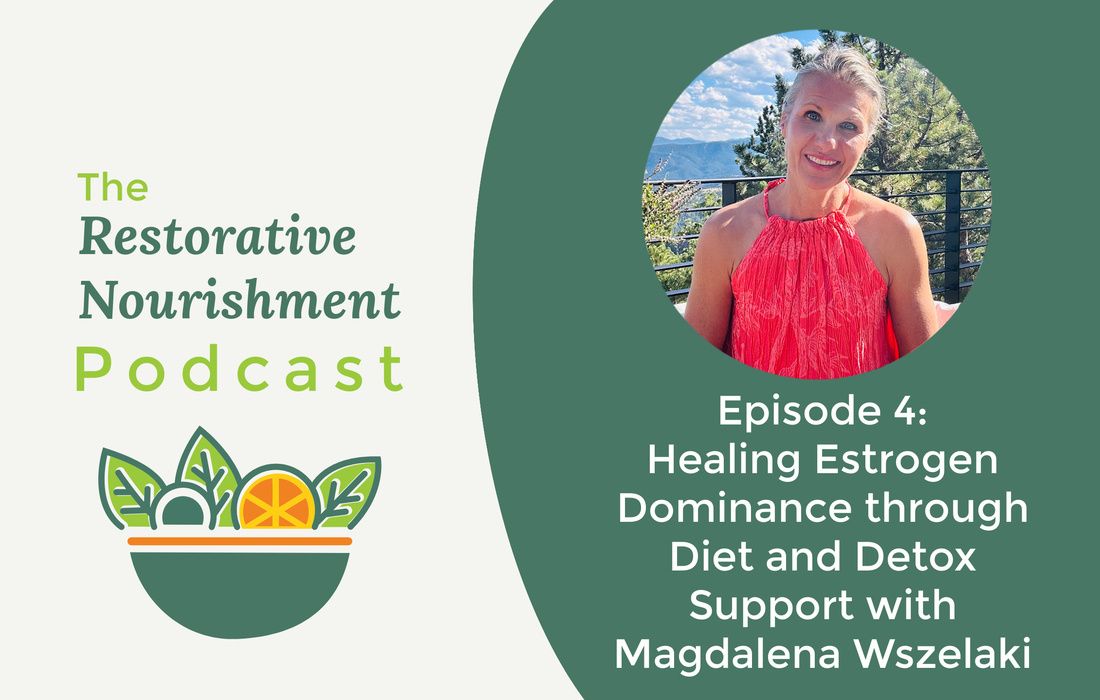
Estrogen dominance is a hormonal imbalance that affects many women, often without them realizing it. Symptoms can range from painful periods, mood swings, and fibroids to more serious concerns like breast cancer and thyroid issues. In Episode 4 of the Restorative Nourishment Podcast, I had the pleasure of speaking with Magdalena Wszelaki, a hormone health expert and author of Overcoming Estrogen Dominance and Cooking for Hormone Balance. She shared her personal journey with estrogen-related health struggles and the crucial role diet plays in restoring balance.
One of the biggest culprits behind estrogen dominance is poor estrogen metabolism, which is heavily influenced by gut and liver health. When these systems are compromised—due to an inflammatory diet, processed foods, or environmental toxins—proper estrogen metabolism can become imbalanced, leading to unwanted symptoms. Magdalena emphasizes the importance of nutrient-dense, whole foods, particularly cruciferous vegetables like broccoli, cabbage, and radishes, which support estrogen metabolism. She also highlights the need to do an elimination diet, removing dairy, gluten, soy, eggs, corn, and sugar to reduce inflammation and support hormone balance.
In addition to diet, Magdalena stresses the importance of avoiding toxic skincare products, household chemicals, and plastics that contain harmful xenoestrogens. Supporting liver function with bitter foods, herbal teas, and ensuring regular elimination is also key. If you’re looking for practical steps to start balancing your hormones naturally, this podcast episode is packed with invaluable insights. Watch the full conversation to dive deeper into the powerful connection between food, hormones, and long-term wellness!
Watch or Listen to Episode 4:
Resources Mentioned in this Podcast:
Magdalena's websites:
Magdalena's books:
Supportive diets and articles:
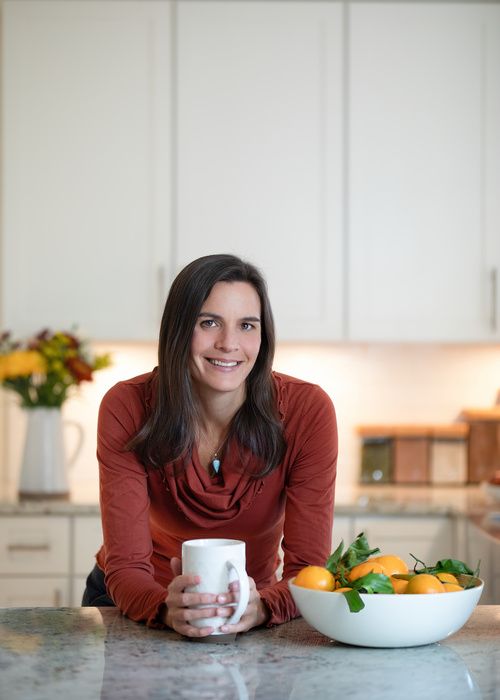
About the Author
Alissa Segersten, MS, CN
Alissa Segersten, MS, CN, is the founder of Nourishing Meals®, an online meal-planning membership with over 2000 nourishing recipes and tools to support dietary change and better health. As a functional nutritionist, professional recipe developer, and author of The Whole Life Nutrition Cookbook, Nourishing Meals, and co-author of The Elimination Diet, she helps people overcome health challenges through food. A mother of five, Alissa understands the importance of creating nutrient-dense meals for the whole family. Rooted in science and deep nourishment, her work makes healthy eating accessible, empowering thousands to transform their well-being through food.Nourishing Meals Newsletter
Email updates.
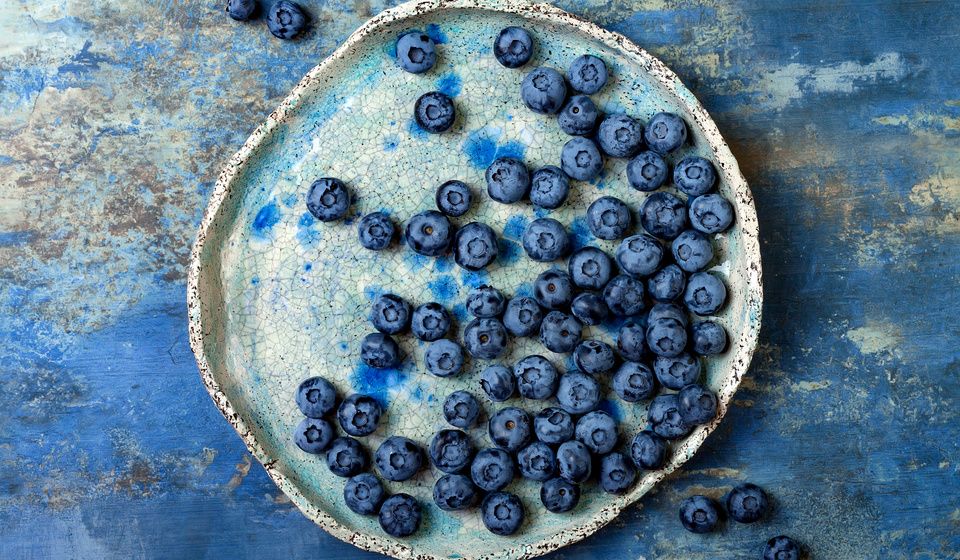
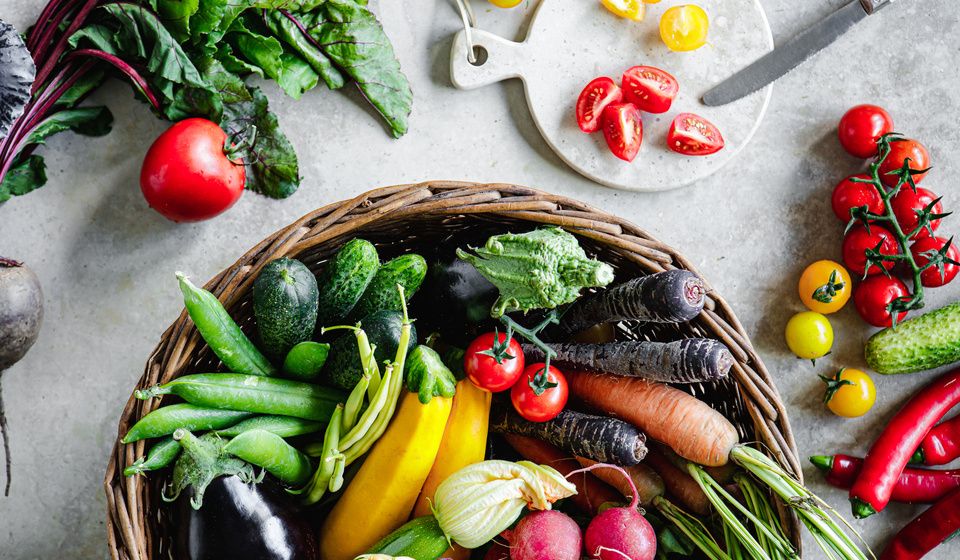
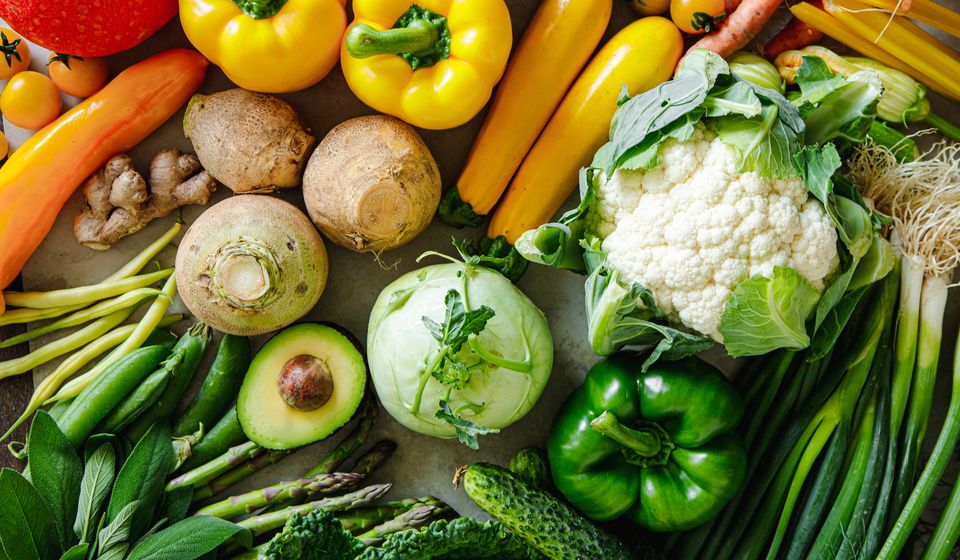
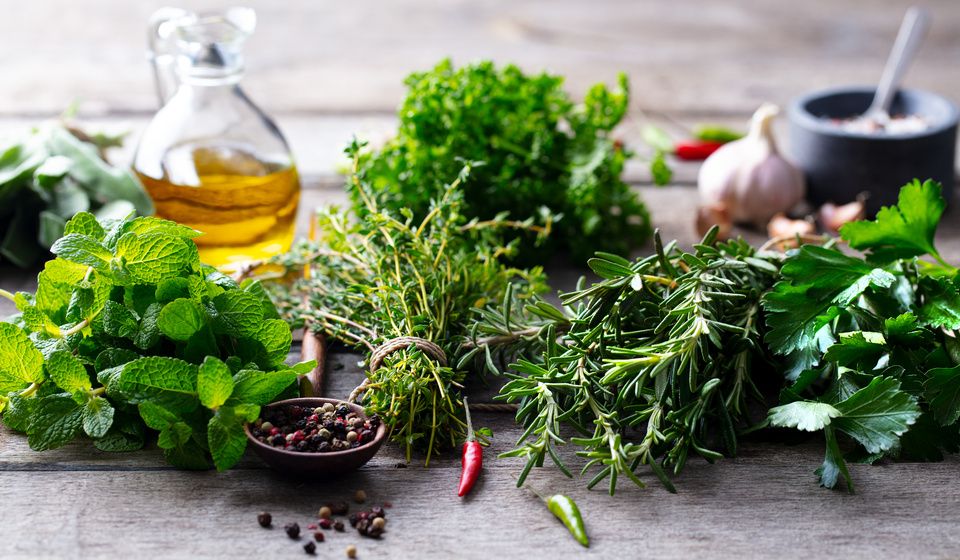


Add Comment